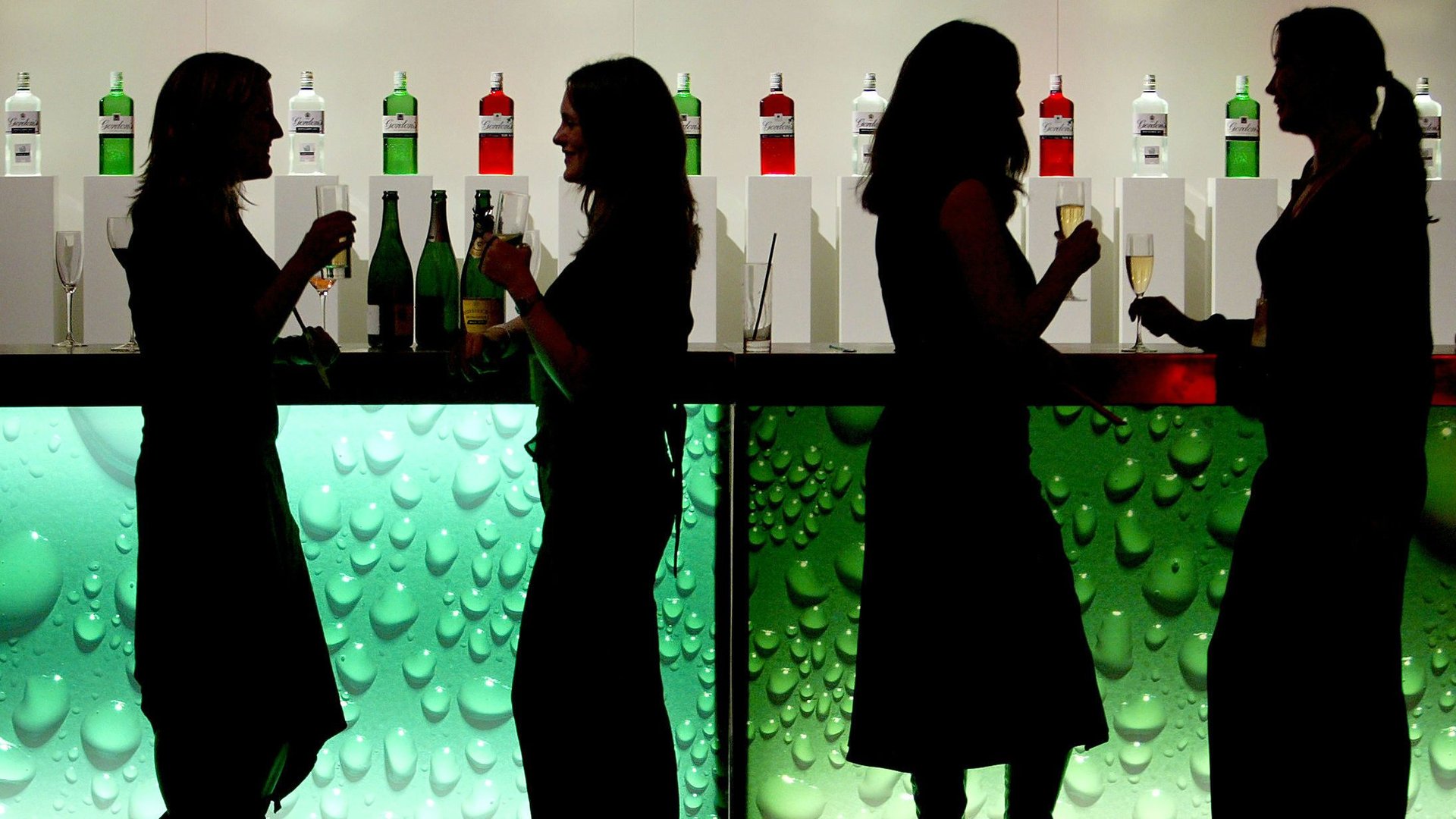Silicon Valley, intent on disrupting food, is now taking aim at hangovers
Soylent is busy “disrupting” food. Brain-boosting nootropics are available at a handful startups. La Croix fizzy water has traveled from Silicon Valley fridges to become the preferred tonic in trendy offices across the US.


Soylent is busy “disrupting” food. Brain-boosting nootropics are available at a handful startups. La Croix fizzy water has traveled from Silicon Valley fridges to become the preferred tonic in trendy offices across the US.
Silicon Valley’s creation of Morning Recovery was probably just a matter of time. The brainchild of Sisun Lee, a former product manager at Facebook, Uber, and Tesla, the drink is billed as a way to accelerate recovery from a long night of drinking. His company, Los Angeles-based 82 Labs, produces the product, claiming it incorporates the latest science on hangovers.
Hangover cures have been around for years, positioned at retailers near drinks such as “Five hour ENERGY.” Some, such as Drinkwel, are “multivitamin + herbal combinations,” sold as a day-after restorative that mixes the vitamin complexes, mineral replacements, and detoxifiers you might find in a health food store.
But not many companies have partnered with universities to research their own tonics. During Lee’s trip to his home country of South Korea, he found that hangover cures were already an established, multi-million product category in Asia. He decided to bring the hangover cure back home, and began working with Dr. Jing Liang, a professor at the School of Pharmacy at the University of Southern California (USC), whose research showed how the active ingredient in many of these drinks— a flavonoid from the fruit of the Japanese raisin tree (Hovenia Dulcis)— could counteract the effects of alcohol.
Known as dihydromyricetin, or DHM, the compound ameliorated the effects of alcohol in rodents, while proving safe in pharmacological doses, according to research published in the peer-reviewed Journal of Neuroscience. Dr. George Koob, director of an alcohol abuse research group at the National Institutes of Health, warns “the science behind [DHM] is real science, but you always need to approach these things with caution.” He noted the compound works by blocking alcohol’s effect on the brain, rather than “curing” a hangover, because it can actually inhibit intoxication. Most such drinks are regulated, very loosely, under the FDA’s dietary supplement category.
Liang and Lee developed a US version based on the Korean drink and became partners in 82 Labs, which is funding $250,000 in DHM research. The sweet, peach-flavored drink (according to some users) works by altering how the body metabolizes alcohol in the liver, and blocks specific receptors in the brain that interact with ethanol. It’s designed to be consumed with alcohol, or as a “nightcap” to ward off the lingering effects of ethanol in the body. Although Morning Recovery says its product won’t keep you from getting drunk, research shows it does counteract intoxication at higher doses.
The drink is sold online in small bottles and Lee says it’s direct-to-customer model has been central to its success. It’s also sold in more than 200 stores with Chicago, San Francisco and Los Angeles as its pilot markets. The formula mixes DHM with standard remedies such as vitamins and re-hydrating electrolytes as well as herbal nostrums such as extracts from Prickly Pear, ginseng, and green tea.
Lee first marketed the product as a concept on Indiegogo. “Being tech guys we just wanted to give it to as many people as possible,” Lee said in interview. Within a day, Lee had tripled his goal of $25,000 in pre-sales (despite not having a ready product), and rocketed to second place on the discovery and review site Product Hunt. The campaign ultimately netted $251,905 in pre-orders on Indiegogo, and a venture capitalist wrote Lee to say he would write the pair a check as soon as they were incorporated.
Today, 82 Labs reports $4 million in revenue after eight months. Its 6-packs Morning Recovery are selling for $29.95. The company is developing a second version of its product. On April 2, it announced a $8.2 million funding round that values the company at $33 million. R7 Partners, Slow Ventures, and California-based Altos Ventures were reportedly lead investors. 82 Labs is planning a second line of products for “mental sharpness and productivity,” targeting professionals that might not get sloppy drunk, but just want a boost for the day after a night out.
Koob says he has some concerns if people were to drink too much given that most studies have been limited to mice and “untoward effects” could be found in humans.
He offered another suggestion for those wishing to avoid a hangover: “There are no real treatments of hangover other than not to drink so much,” he said.
Correction: The revenue was corrected to show revenue to date versus annual forecast.